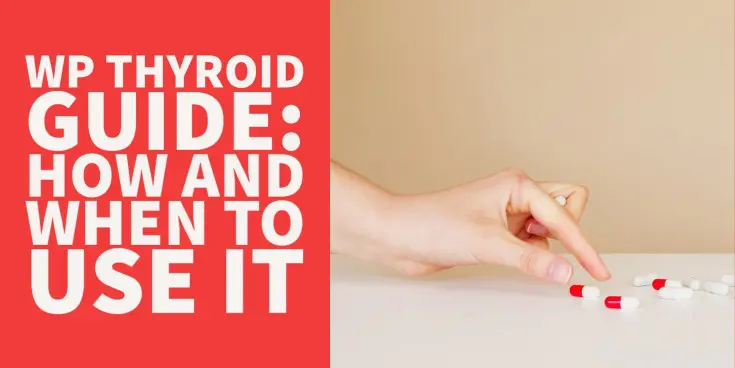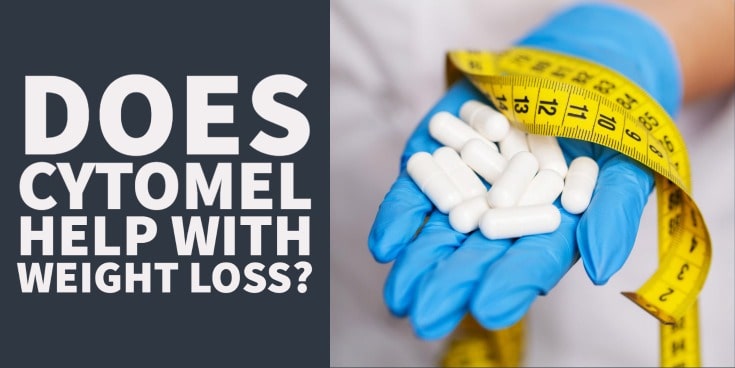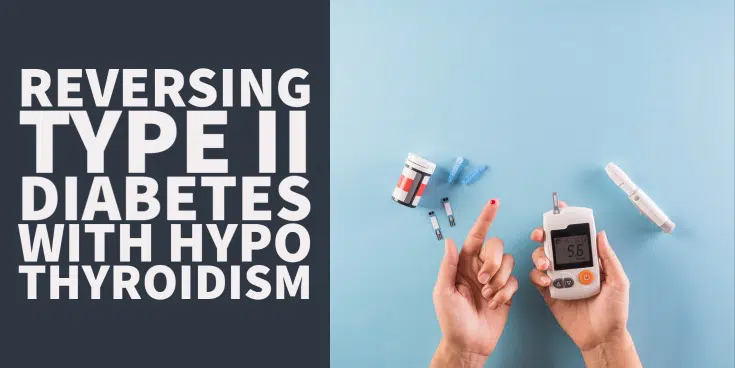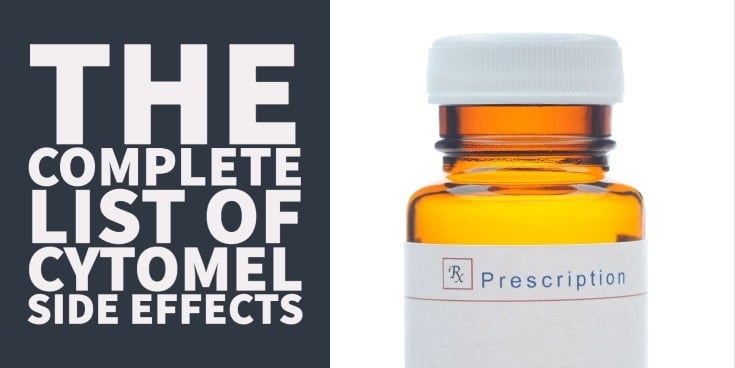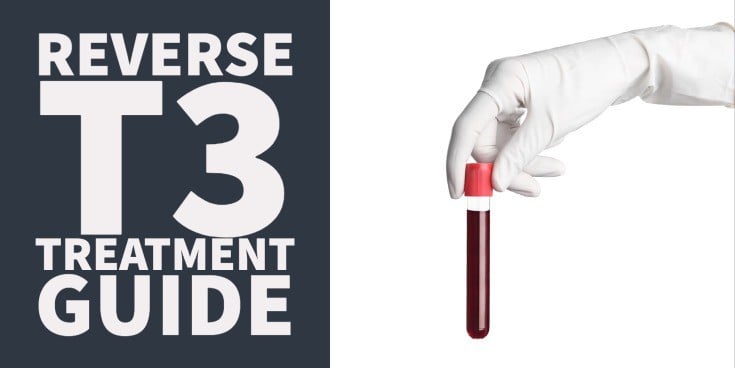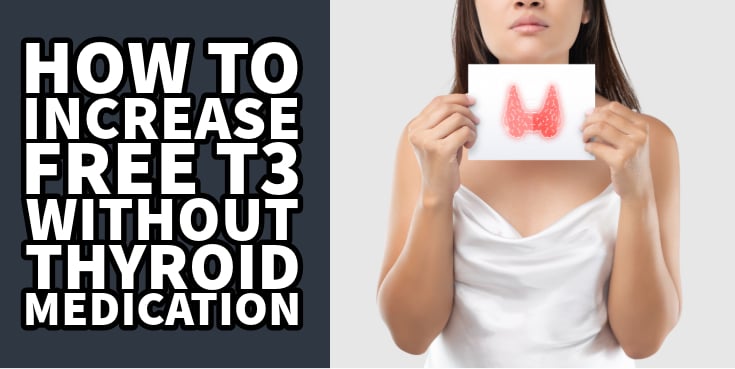What Low T3 Means For Your Thyroid & How To Treat it
Checking your total T3 and free T3 may be the most important thyroid tests you can look at. Unfortunately, many physicians aren’t even ordering these tests which may lead to a missed diagnosis of low T3 syndrome. Fortunately, there are several therapies that you can do to increase this important thyroid hormone and take steps …

